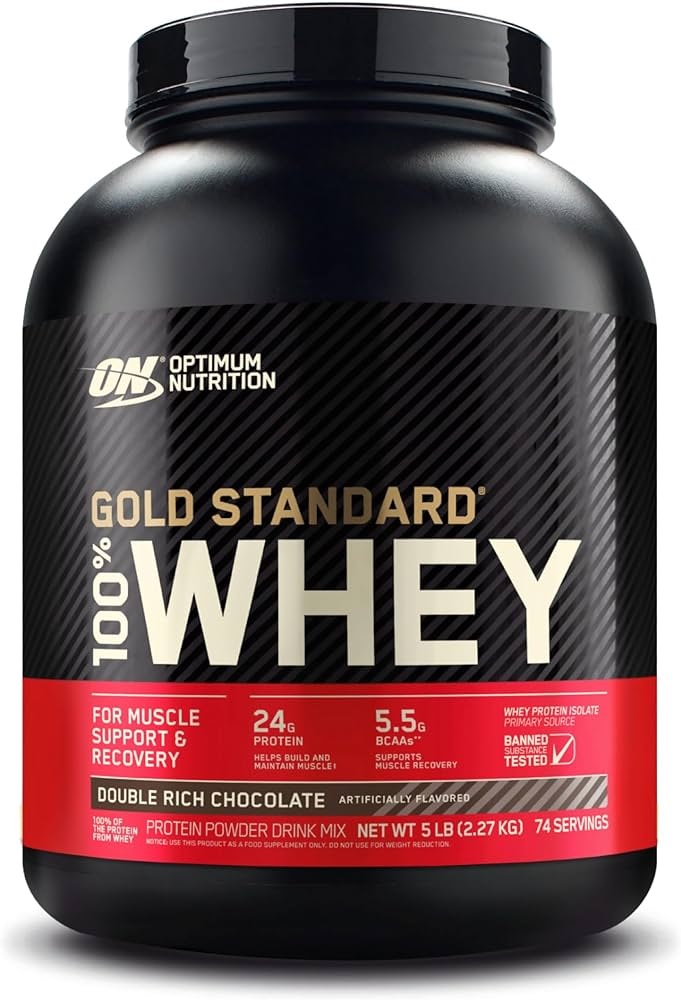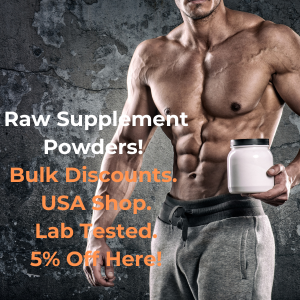For individuals with high cholesterol, concerns may arise regarding the safety of consuming protein powders. While protein powders are generally considered safe for most people, those with high cholesterol should approach their use cautiously and consider various factors before incorporating them into their diet. Protein powders come in various forms, including whey, casein, soy, pea, and rice protein, each with its own composition and potential impact on cholesterol levels.
- Fat Burners Supplements And Stomach Pain
- The Fat Burners Are Cause Nausea
- Fat Burner And Liver Damage Is There A Connection
- Do Fat Burners Work Best On An Empty Stomach
- Keto And Fat Burners Supplements
- What Burners Supplements And Fasting What To Know
Whey protein, derived from milk, is one of the most popular types of protein powder. Some studies suggest that whey protein may have a neutral or even beneficial effect on cholesterol levels. Whey protein contains bioactive peptides that may help lower LDL (bad) cholesterol and increase HDL (good) cholesterol, although more research is needed to confirm these effects conclusively. However, individuals with lactose intolerance or milk allergies should opt for alternatives like plant-based protein powders to avoid adverse reactions.
Casein protein, also derived from milk, may have similar effects on cholesterol as whey protein. Casein forms a gel-like substance in the stomach, which may slow down the absorption of cholesterol and other nutrients, potentially benefiting cholesterol levels. Like whey protein, casein protein may offer advantages for individuals with high cholesterol, but individuals with dairy sensitivities should consider alternative options.
Plant-based protein powders, such as pea, soy, and rice protein, are suitable alternatives for individuals with high cholesterol or dairy sensitivities. These plant-based options are cholesterol-free and may offer additional health benefits, such as being rich in fiber, vitamins, and minerals. Research suggests that soy protein, in particular, may help reduce LDL cholesterol levels when consumed as part of a balanced diet. However, individuals with soy allergies or concerns about phytoestrogens should exercise caution and consult with a healthcare professional before using soy-based protein powders. Shop raw supplements, bulk discount, lab tested 5% off here!

Buy Protein Powder Online
We Have Some Of The Best Protein Powder Out There!
Come have a look what types of Protein we have? Shop the best Protein Powder! We have found the best deals! Or please feel free to read more about the many benefits of Protein supplements on site.
FAQs
Is it safe for individuals with high cholesterol to consume protein powders?
While protein powders are generally safe for most people, individuals with high cholesterol should approach their use cautiously. The impact of protein powders on cholesterol levels can vary depending on the type of protein and individual factors. Consulting with a healthcare professional is advisable to determine the best approach for incorporating protein powders into the diet safely.
Which types of protein powders are suitable for individuals with high cholesterol?
For individuals with high cholesterol or dairy sensitivities, plant-based protein powders like pea, soy, and rice protein are suitable alternatives. These options are cholesterol-free and may offer additional health benefits, such as being rich in fiber and essential nutrients. However, it’s essential to choose high-quality protein powders and monitor cholesterol levels while incorporating them into the diet.
Can protein powders help lower cholesterol levels?
Some studies suggest that certain types of protein powders, such as whey and soy protein, may have a neutral or even beneficial effect on cholesterol levels. Whey protein, for example, contains bioactive peptides that may help lower LDL (bad) cholesterol and increase HDL (good) cholesterol. However, individual responses to protein powders can vary, and more research is needed to fully understand their impact on cholesterol.
Are there any risks associated with consuming protein powders for individuals with high cholesterol?
While protein powders can be a convenient way to supplement dietary protein intake, there are potential risks to consider for individuals with high cholesterol. Some protein powders, particularly those derived from animal sources like whey and casein, may contain saturated fats and cholesterol, which could potentially raise cholesterol levels. It’s important to choose protein powders wisely and monitor cholesterol levels regularly, especially when incorporating them into the diet of individuals with high cholesterol.







